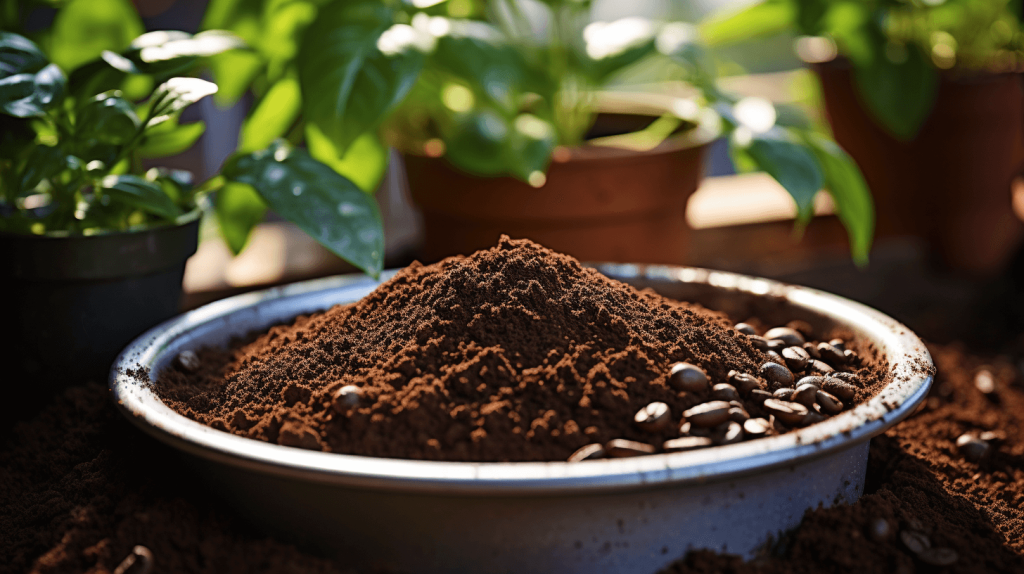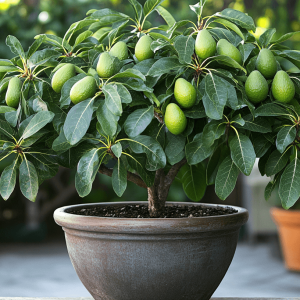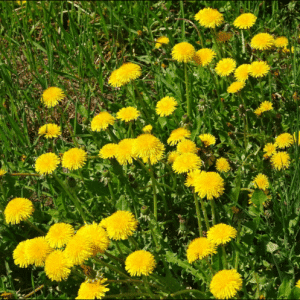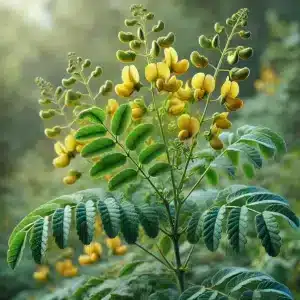
Introduction:
Coffee grounds, a byproduct of our daily caffeine rituals, are not just destined for the trash. These nutrient-rich remnants can work wonders in your garden, providing an organic and sustainable boost to certain plants. In this comprehensive guide, we’ll explore the myriad ways coffee grounds can be harnessed to enhance soil quality, promote plant growth, and contribute to a thriving, eco-friendly garden.
**1. Nutrient-Rich Soil Amendment:
Coffee Ground Composition:
Coffee grounds are a rich source of nitrogen, an essential nutrient for plant growth. They also contain trace amounts of phosphorus and potassium, adding to their nutritional value.
Method:
- Collect Coffee Grounds:
- Save used coffee grounds from your daily brew. Many coffee shops offer used grounds for free.
- Mix into Soil:
- Integrate coffee grounds directly into your garden soil or mix them into your compost pile. The grounds improve soil structure and enhance its ability to retain water.
- Apply as Mulch:
- Spread a layer of coffee grounds around the base of plants, acting as a natural mulch. This helps regulate soil temperature and suppress weed growth.
**2. Worm Composting with Coffee Grounds:
Benefits of Worm Composting:
Coffee grounds are an excellent addition to worm composting systems, known as vermicomposting. Worms break down the coffee grounds, producing nutrient-rich vermicompost, or worm castings.
Method:
- Create a Worm Bin:
- Establish a worm bin with appropriate bedding, such as shredded newspaper or cardboard.
- Add Coffee Grounds:
- Regularly add coffee grounds to the worm bin. Worms consume the grounds and convert them into nutrient-dense castings.
- Harvest Worm Castings:
- Harvest the vermicompost and use it as a natural fertilizer for your plants. It improves soil structure, aeration, and water retention.
**3. Repelling Pests Naturally:
Repellent Properties:
Coffee grounds contain compounds that are known to repel certain pests, making them a natural and chemical-free pest deterrent.
Method:
- Create a Barrier:
- Place a ring of coffee grounds around susceptible plants to create a barrier that deters pests like slugs and snails.
- Spread in Problem Areas:
- If your garden is prone to ant invasions, sprinkle coffee grounds in areas where you want to discourage their presence.
**4. Acid-Loving Plants Thrive:
Plants that Benefit:
Acid-loving plants, such as azaleas, blueberries, and rhododendrons, flourish in soil with a lower pH. Coffee grounds contribute to acidity, making them ideal for these plants.
Method:
- Apply Directly to Soil:
- Sprinkle coffee grounds around the base of acid-loving plants to gradually lower the pH of the soil.
- Mix with Mulch:
- Mix coffee grounds with organic mulch and apply around plants to maintain acidity levels.
**5. Coffee Grounds as Seed Starter:
Advantages for Seedlings:
Coffee grounds can serve as an excellent medium for starting seeds. They provide a loose, well-draining environment that promotes healthy seedling development.
Method:
- Create a Seed Mix:
- Mix coffee grounds with potting soil to create a seed-starting mix.
- Fill Seed Trays or Pots:
- Fill seed trays or pots with the coffee ground and soil mix for starting seeds indoors.
- Transplant Seedlings:
- Once seedlings are ready for transplant, plant them directly into the garden, coffee grounds and all.
Tips for Effective Use:
- Moderation is Key:
- While coffee grounds are beneficial, use them in moderation. Too much can alter soil pH excessively.
- Mix with Complementary Materials:
- Combine coffee grounds with other organic matter, such as leaves, to create a well-balanced compost.
- Avoid Sensitive Plants:
- Some plants, like tomatoes, may not respond well to the acidity of coffee grounds. Use cautiously or avoid altogether.
- Experiment and Observe:
- Monitor the effects of coffee grounds on your specific plants and adjust usage based on their response.
- Collaborate with Local Coffee Shops:
- Connect with local coffee shops to collect used coffee grounds in larger quantities for your gardening needs.
By integrating coffee grounds into your gardening routine, you not only reduce waste but also foster a healthier, more vibrant garden. Whether used as a soil amendment, pest repellent, or seed starter, coffee grounds offer an eco-friendly and sustainable solution to enhance the well-being of your plants. Cheers to a thriving garden and a second life for your coffee grounds!






